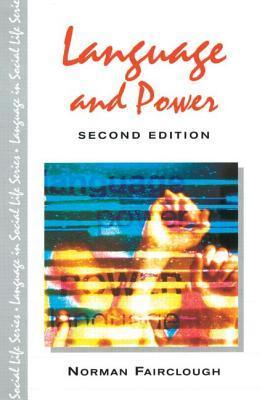What do you think?
Rate this book


226 pages, Paperback
First published January 1, 1989
"Practices which appear to be universal and common-sensical can often be shown to originate in the dominant class or the dominant bloc.... Ideological power... is a significant complement to economic and political power"